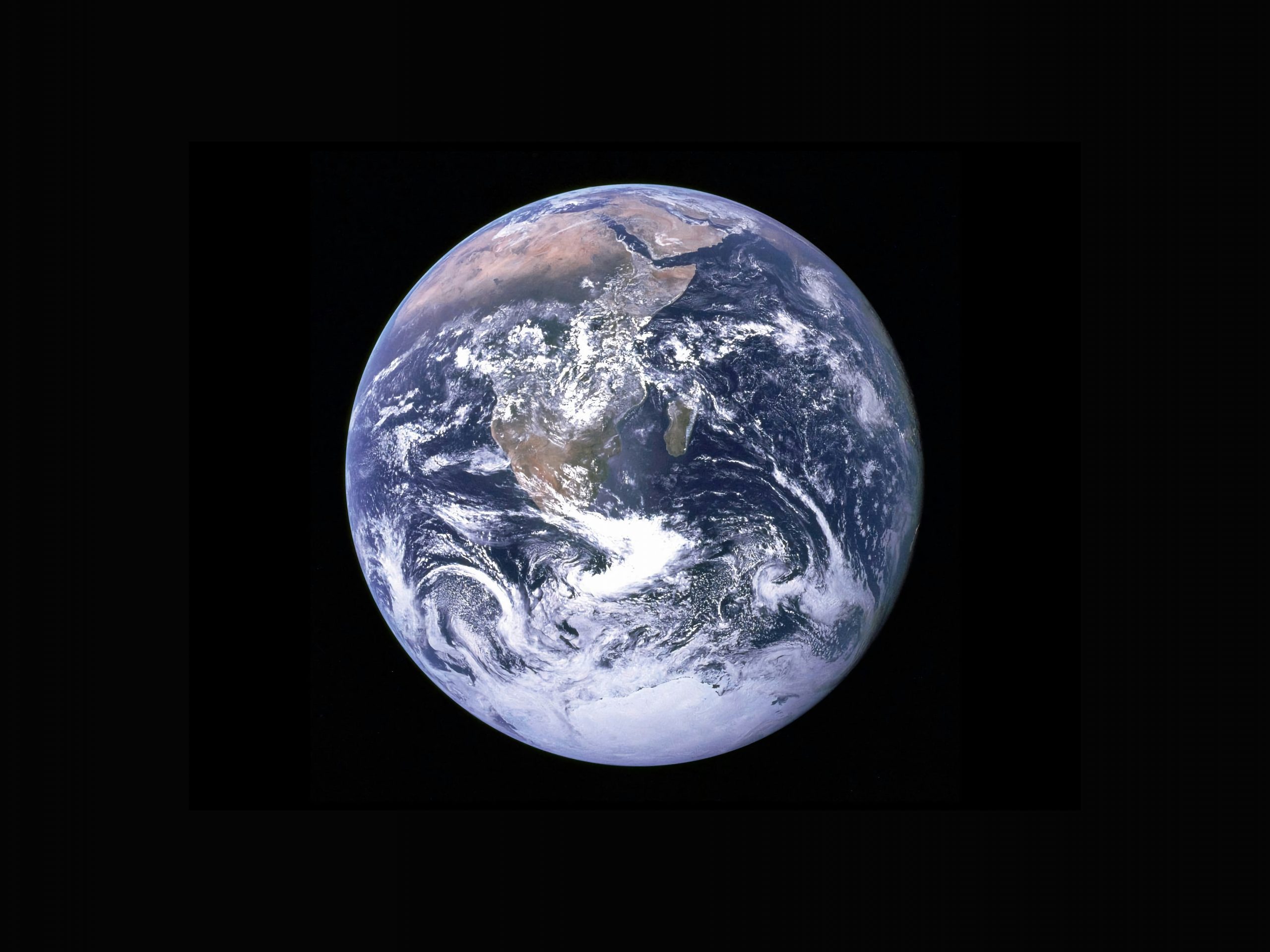
The United Nations General Assembly (UNGA) in its sixty-third session on 22nd April, 2009, proclaimed April 22 as the International Mother Earth Day. (Photo: Unsplash)
Every year, April 22 is celebrated as Earth Day. The United Nations General Assembly had declared April 22 as International Mother Earth Day through a resolution adopted in 2009.
Here are some facts about the Earth Day…
What is Earth Day and why is it celebrated?
The United Nations General Assembly (UNGA) in its sixty-third session on 22nd April, 2009, proclaimed April 22 as the International Mother Earth Day. The resolution acknowledged that “Earth and its ecosystems are our home, and convinced that in order to achieve a just balance among the economic, social, and environmental needs of present and future generations, it is necessary to promote harmony with nature and the Earth”.
The resolution invited all member states, UN organisations, civil society and other relevant stakeholders to observe and raise awareness of the proclaimed day.
Theme for Earth Day 2024: Planet vs Plastics
The theme for this year’s Earth Day is ‘Planet vs Plastics’. According to the Organisation for Economic Cooperation and Development (OECD), the world produces around 430 million metric tonnes of plastic every year. Plastic has revolutionised human existence and can be found in use from food packaging, medical equipment to the international space station. However, it has also impacted the environment and human body alike. As population increases, plastic waste has become an alarming problem with a whopping 46% of plastic waste being dumped into landfills, 22% constituting litter while 17% being incinerated and only around 15% finding its way to recycling. However, only less than 9% of waste plastic is put into use.
What are plastics and why have they become a headache?
According to the United Nations Environment Programme (UNEP), up to 99% of plastics are made from polymers. These polymers, in turn, are derived from non-renewable hydrocarbons, namely crude oil and natural gas. Polymers, commonly known as plastics, are larger units which consist of smaller molecules (monomers), joined together by chemical bonds. These plastics are used to produce plastic packaging. Plastic packaging constitutes around 36% of plastic production.
Plastic pollution is often a result of lack of waste management.
As mentioned in the Centre for Science and Environment’s (CSE) report on Global Plastic Treaty Negotiations, plastic is often seen as a separate issue from climate change. However, its production, use, distribution and disposal are major sources of greenhouse gas emissions. Together, these processes contributed about 1.8 million metric tonnes (MMT) or approximately 3.4% of global greenhouse gas emissions in 2019 alone. Out of this, production of plastic alone contributed to 90% of these emissions. The impact on the environment has been devastating as well. The United Nations Economic Programme (UNEP) has stated that around 2,000 garbage trucks full of plastic are being dumped into the world’s oceans, rivers and lakes every day. Over 13,000 chemicals have been associated with plastics with many posing high toxicity to humans.
What is the world doing to combat plastic surge?
The United Nations Environment Assembly (UNEA) adopted resolution 5/14 in the year 2022. The resolution prescribes the formation of an Intergovernmental Negotiating Committee (INC) representing member states, which would be responsible for crafting a global set of rules to end plastic pollution across its life cycle.
So far, three rounds of negotiations have been completed with the first one conducted in 2022 in Punta del Este in Uruguay and second and third rounds taking place in Paris and Nairobi. Member states are all set to convene in Ottawa, Canada with the fourth rounds slated to begin from 23rd April. However, talks have been rocky. While many small developing islands in the Pacific have embraced the calls for stronger provisions, small groups of countries, mostly oil and plastic producing nations have registered strong disagreement. With a strong ecosystem around petrochemicals which consists of many refineries and a huge domestic market to boast of, India too has voiced its discontent. It is yet to be seen if the original deadline of a global plastics treaty by the end of 2024 will become a reality.
A Delhi Police head constable and two others were arrested for allegedly shooting dead a…
The maximum temperature is expected to settle at 30 degrees C, with a forecast of…
Rising wildlife hazards, regulatory lapses and infrastructure issues highlight growing aviation safety challenges
Five quiet corners across Delhi-NCR where February evenings slow the city down, letting breeze, fading…
A solo exhibition by Anjali Mittal exploring emotion, memory and intuition through layered blue-hued paintings
The incident occurred on Saturday near Bakhtawarpur. A senior police officer said a team rushed…